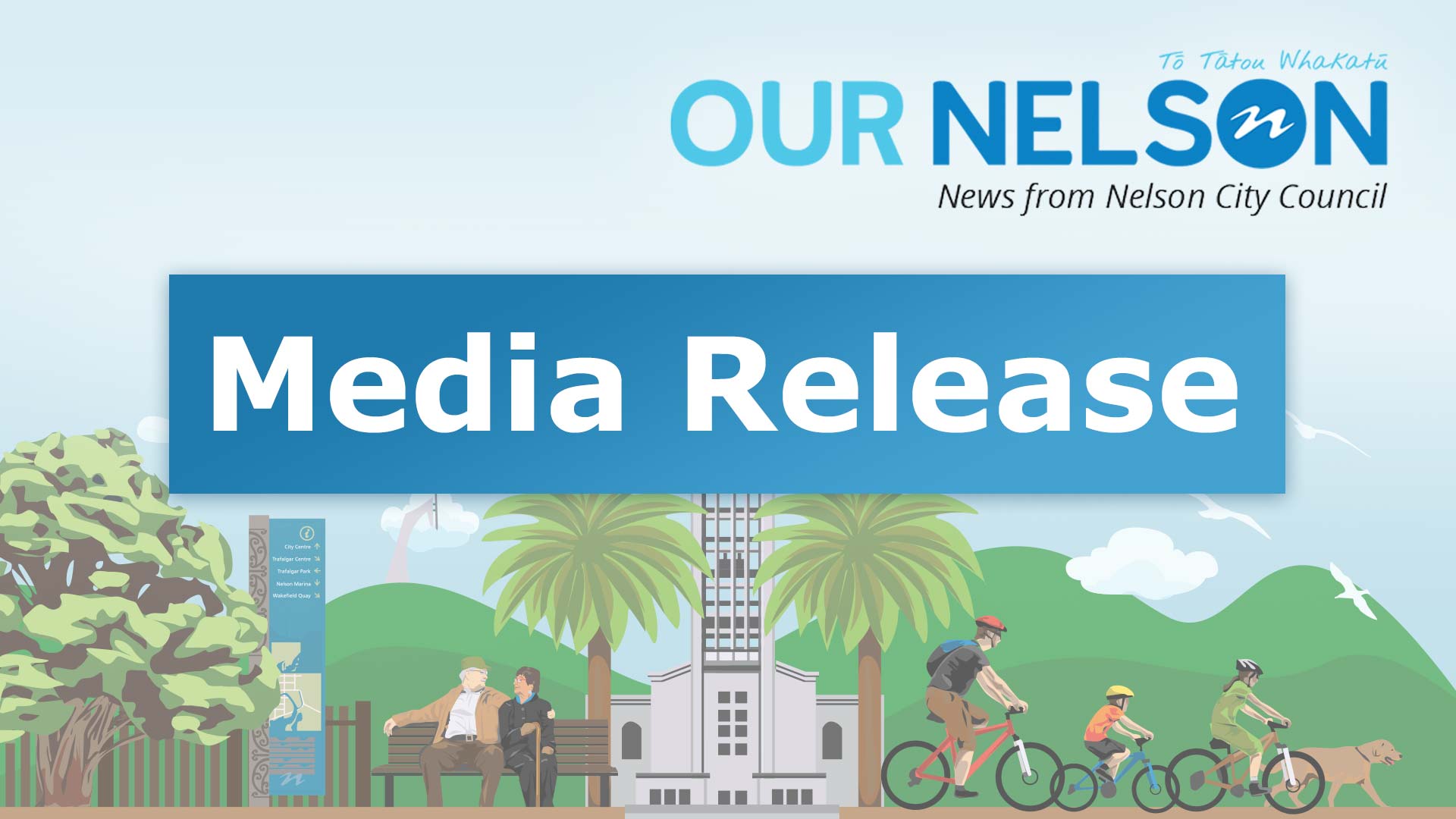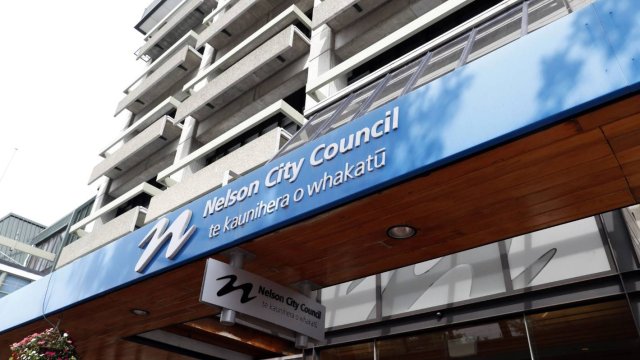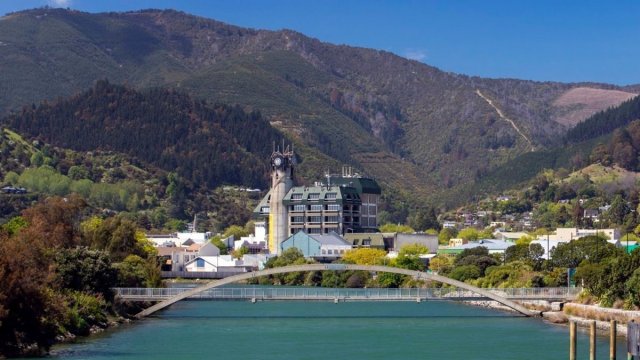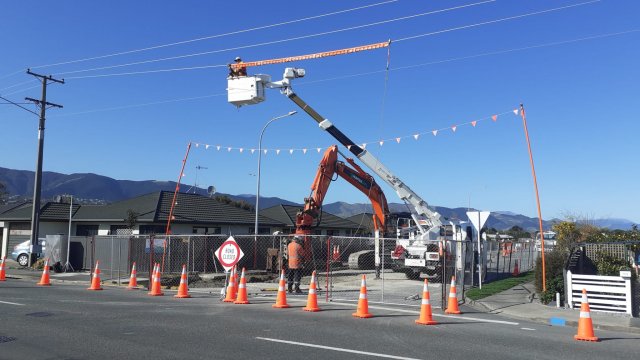Preventing untreated discharges into the Nelson Haven
21/06/2019 10:18am
Following recent media coverage, questions have been raised about the pressurised pipeline between Nelson City and the Nelson North Wastewater Treatment Plant (located adjacent to and inside the Boulder Bank).
Council wants to reassure the community that this key pipeline is monitored regularly and inspected to ensure its integrity. Work is already well underway on projects to reduce the risk of discharge into the Haven through any further leaks.
The concrete pipeline was installed in the mid-1960s and suffered from acid attack to the inside of the concrete pipes. In the early 1990s, the full pipeline was inspected and sections were repaired or replaced with more durable pipes. The repairs were expected to allow the pipeline to remain operational until approximately 2040-2050.
In recent years, three minor failures of this pipeline have led to low volumes of untreated wastewater discharging directly into the Nelson Haven from fittings that have leaked (with the last occurring in April 2017). Council considers any discharge into the Haven should be avoided. It has supported a range of projects aimed at inspecting and repairing any areas of weakness in the pipeline in the short term. There is the eventual aim of renewing the full pipeline in stages with construction starting on the first stage in 2027/28.
Upgrading the two main pump stations at Corder Park and Neale Park (total cost $14 million) is a key component of the long term strategy to reduce pressures in the existing pipeline and reduce the risk of another leak, particularly in wet weather. The Corder Park pump station upgrade is already completed and work on the Neale Park pump station is soon to be completed.
The pipeline is regularly inspected, especially after major weather events and earthquakes. If the monitoring showed that the renewal date of 2027 is no longer appropriate, then there is the potential to bring this work forward. However, the resource consent for the Nelson North Treatment Plant and marine outfall expires in December 2024 and this is a key factor in the long term decisions relating to the pipeline. Council wants to wait until the long term future of this low lying coastal treatment plant is determined (both in terms of climate change adaption and rising national environmental standards) before committing to a new pipeline (total cost $17.5 million).
In addition to the work above, Council has a long term programme to deal with inflow and infiltration issues which allow rain or groundwater into the wastewater reticulation system. During high rainfall events, this inflow and infiltration has the potential to lead to overflows into our waterways. Council is leading this initiative and inspecting its own properties and fixing any problems found as a matter of priority. It is also funding inspections on private property to develop a fuller picture of the extent of this problem. Evidence from elsewhere shows there is unlikely to be a quick or easy fix and it will take many years to fully understand and address inflow and infiltration into the approximately 360 kilometres of pipes in our city's network.
Chief Executive Pat Dougherty reiterated Council’s focus on preventing discharges from occurring. “Protecting our environment and maintaining our infrastructure are key priorities for this Council. We have made a significant investment in upgrading our pump stations to protect our network, and we continue with these capital improvement initiatives."
“Our project on inflow and infiltration will also have a major impact on preventing problems from occurring in our network. Everyone will need to do their bit to make sure our pipes aren’t overloaded with stormwater. We can all agree that no one wants sewage overflows to occur at all." says Stuart Walker, Chair of the Works and Infrastructure Committee.




